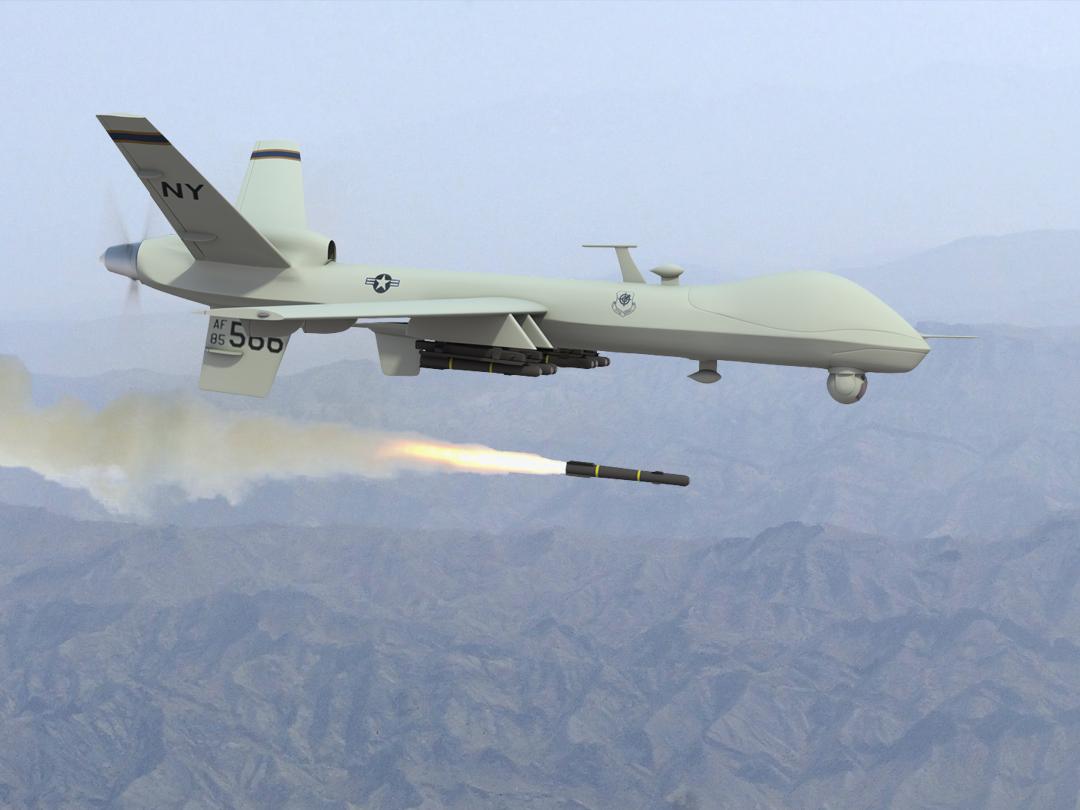The Trump administration recently announced that it would be rolling back some Obama-era restrictions on drone strikes. But, Hilal explains, those rules weren’t very restrictive to begin with. In fact, the Obama administration used drones at 10 times the rate of the Bush administration.
“There was an attempt to have some semblance of rules so people could believe that the drones program was being restricted, when in fact the regulations that he put in place were quite vague and broad,” said Hilal.
Hilal blames the overuse on an extreme lack of accountability, mentioning the 2011 killing of Anwar Al-Awlaki, a U.S. citizen who was in Yemen, which was followed by the subsequent killing of his teenage son.
“Whenever the government, especially in the context of the war on terror, wants to legalize otherwise illegal behavior, what they simply do is write new laws and policies, and that’s a problem,” said Hilal, going on to say that U.S. officials made matter worse by blaming the teenager’s death on his father’s irresponsibility.
Alwaki’s targeted death was a surprise to many as the U.S. has typically only targeted non-citizens throughout the war on terror — and thus his rights to due process were completely eliminated.
“Once the government opens the door for U.S. citizens to be assassinated without due process, it becomes increasingly problematic for restrictions that were already problematic in the first place,” said Hilal.
Now that abuse is being compounded. The Trump administration is now launching a drone strike or special forces raid every 1.25 days, compared to every 5.4 days under Obama.
“What we see here is a trajectory that started with the war on terror. Rather than seeing each president’s action as distinct or discrete,” Hilal explained, “it’s important to look at them in terms of the war on terror more generally and the ways in which the actions of previous administrations emboldened the current administration.”
Hilal suggests that while not much can be done to rein in drones on the legal front right now, political education is very important.
“Interviews like this are really important…so that we don’t see these policies limited to individual’s party affiliation. It doesn’t matter if you’re Democrat or Republican. What matters is that your violation of the law and as human rights activists, we should be looking to and raising awareness of.”
